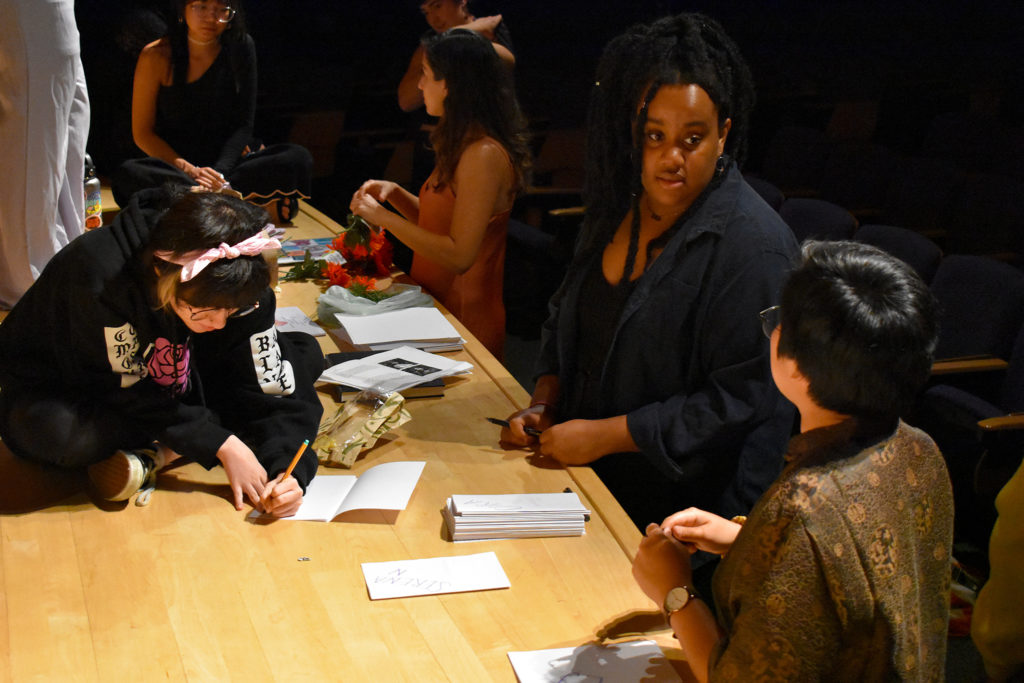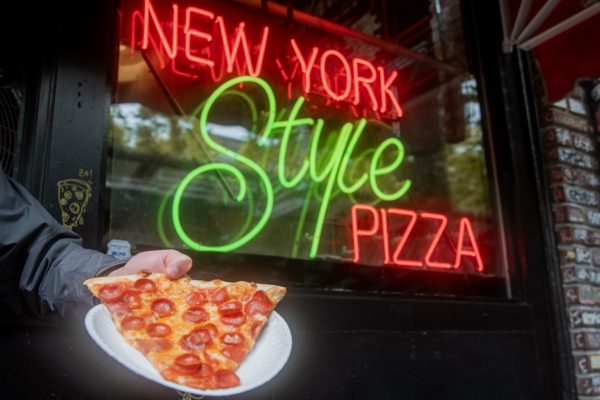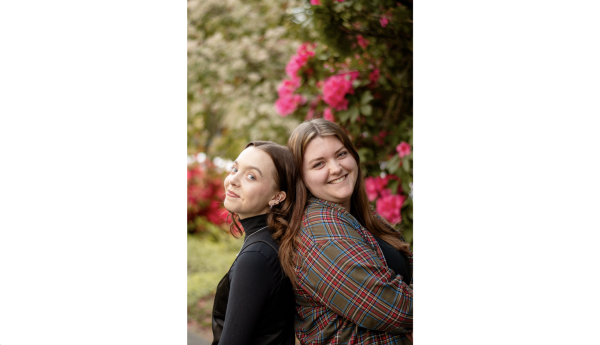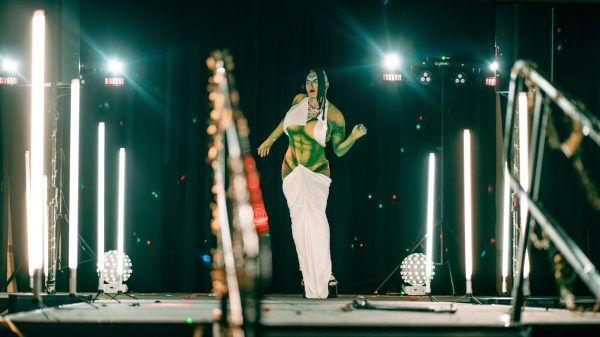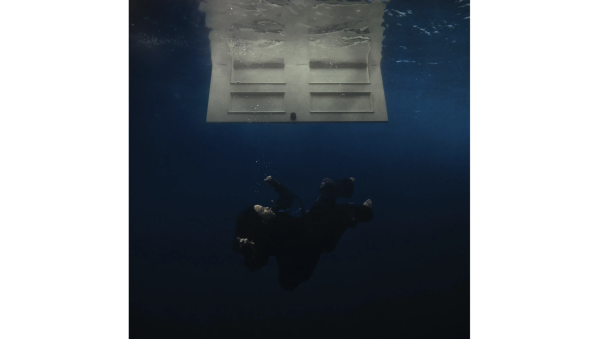Strength in Storytelling at the Monologues
“Can you all take two collective deep breaths with me before I begin?” Mika Montero said before she started her heart-wrenching piece in “The Monologues.” By the end of it, almost every member of the audience had tears in their eyes.
“The Monologues” is a collection of spoken word and poetry pieces focused on women of color and queer, transgender, and indigenous people. On Friday and Saturday night, it brought people joy, tears, and a sense of connection.
The performances began with a piece by Gwyn Resulta and CJ Andrea Molo about struggling with their Filipina identity. Like many other people in the cast, they reflected on their journey in discovering their identity as both American and Filipino. Growing up in the United States made the two feel disconnected from their heritage, but they were not fully accepted as American either.
“The Philippines was this tourist destination, not Motherland,” Molo said. “I was six and didn’t want to leave America, didn’t want to leave my home.”
For Resulta, the struggle for her identity was deeply connected with her struggle to understand Tagalog, the language of her family. Multiple performances explored how language is tied to cultural identity, with many pieces performed partly in Spanish, Tagalog, Chinese, or Vietnamese. Although these segments could not be understood by the whole audience, they were often followed by snaps and shouts of agreement because the emotion was universally felt.
Snaps and the occasional whoop from the audience act as the language of spoken word poetry. After a particularly resonant statement, performers would pause and wait for the snaps to subside. When performers paused to hold back tears or forgot a line in the heat of the moment, audience members would rub their hands together in waves of support. U as “The Vagina Monologues,” the students decided to switch it to “The $#&* Monologues” two years ago. This year, Waland decided to drop the first word entirely in favor of making the show more inclusive to all.
“The Vagina Monologues” were originally created by Eve Ensler in 1996 as a way to recount the experiences of women she knew. Although Ensler’s play began as a celebration of femininity, it eventually became a symbol of the fight to stop violence against women. However, her play restricted the space to those with a certain organ, regardless of gender identity and experiences of oppression.
The students of Seattle University chose to break away from the mold of the prewritten script because it did not speak to the intersectionality of their personal experiences. They wanted the show to explore their own identities instead.
“Listen, it’s not about the fact of who does or doesn’t have a vagina,” fourth-year double major Rowan Levelle said. “It’s about the oppression we are all experiencing and coming together with that.”
However, that doesn’t mean the show was vagina-free. Immediately after the intermission, a group of five walked onstage, decked out in red to recite a love letter to their Diva Cups. From stories of their failed attempts to use the product to the joys of period sex, this performance had the audience reeling in laughter.
The positivity of the space is what makes “The Monologues” so revolutionary. They are a place of healing, self expression, and ultimately community. Each performer opened their hearts up to the audience because they knew everyone would give them support in return.
One of the student performers, Serena Oduro had never performed her poetry in front of an audience before, but decided to audition for “The Monologues” because she knew the cast acted as a network of support for each other.
“This is a great opportunity for a first time, but in front of people you know and love. It’s a very friendly environment,” she said.
For many of the performers, speaking their poetry aloud is a form of healing from past trauma. Poems addressed rape, sexual assault, abuse, and microaggressions from a place of strength and righteous anger. By speaking out and telling their story, they take back a sense of agency in their experiences.
“I want us to ground our show in storytelling, because that is an act of healing and we will all be doing that tonight,” the student director and curator of the Monologues, Jasmine Waland, said.
Even though the audience may not relate to the stories themselves, they are still powerful. They speak to larger truths about oppression and our society, and the need for empathy. The relatability of each piece stood out to Levelle, who saw the show both nights.
“Even if someone didn’t have a story that directly linked to mine, I resonated so much to what they are saying.”
The editor may be reached at
[email protected]






